LEO Satellite Broadband Firm OneWeb Files for Bankruptcy
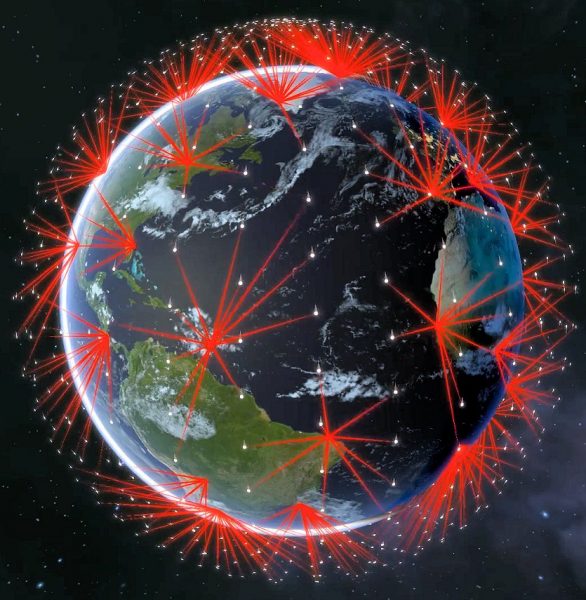
The British-registered space company OneWeb, which had been in the process of launching a mega constellation of compact Low Earth Orbit (LEO) ultrafast broadband satellites, has officially filed for voluntary relief under Chapter 11 of the Bankruptcy Code in the USA. But finding a buyer in this climate may present some challenges.
OneWeb, much like SpaceX, was in the process of building a mega-constellation of 648 satellites (74 have already launched) in order to achieve full global coverage by the end of 2021. The low altitude of these LEO platforms offered significantly lower latency, while “fibre-line” broadband ISP speeds were anticipated for end-users (last year’s test hit speeds of 400Mbps and an average latency of 32ms).
Naturally a company like this tends to suck up a massive amount of money during the execution phase of their system deployment (they’ve already had c.$3bn from SoftBank alone), which is something that OneWeb have been grappling with since long before COVID-19 (Coronavirus) grew to become a global issue.
As a result of the above, and the worsening COVID-19 situation, OneWeb only recently confirmed that they had been forced to “dynamically adjust our workforce” (i.e. sacked about 10% of it) and that “unfortunately, we think it is inevitable that there will be delays to our launch schedule and satellite manufacturing due to increasing travel restrictions and the disruption of supply chains.”
The expectation was that the company may now be left with no good options, which would force it to file for bankruptcy protection as a way of dealing with the current pressure on its funding. As expected, OneWeb has now done this (here), which means they’ll need to find a buyer.
Adrian Steckel, CEO of OneWeb, said:
“OneWeb has been building a truly global communications network to provide high-speed low latency broadband everywhere. Our current situation is a consequence of the economic impact of the COVID-19 crisis. We remain convinced of the social and economic value of our mission to connect everyone everywhere.
Today is a difficult day for us at OneWeb. So many people have dedicated so much energy, effort, and passion to this company and our mission. Our hope is that this process will allow us to carve a path forward that leads to the completion of our mission, building on the years of effort and the billions of invested capital.
It is with a very heavy heart that we have been forced to reduce our workforce and enter the Chapter 11 process while the Company’s remaining employees are focused on responsibly managing our nascent constellation and working with the Court and investors.”
Naturally now is not the best time for a company like OneWeb to be hunting for a buyer, although it might not yet be a totally lost cause, particularly if their claims of having attracted “significant early global demand … from governments and leaders in the automotive, maritime, enterprise, and aviation industries” are more than just overly inflated words.
On top of that a number of rivals, excluding SpaceX (they’re already well into the deployment phase), have said they plan to launch similar constellations in the near future (Amazon, Facebook etc.). As a result the acquisition of OneWeb could potentially offer one of their rivals a fast-track toward an earlier than expected commercial network deployment, provided any compatibility issues between different plans and platforms can be resolved (not easy but not impossible).
At the same time it’s possible that OneWeb may be unable to find a buyer and would go out of business, which raises a question about what to do with the 74 satellites they’ve already launched (as well as quite a few ground stations). All of their satellites are designed with a short lifespan and after that they will de-orbit (either automatically or, if that fails, then gravity will pull them down within 1-5 years).
In the event of a total collapse then the UK Government holds ultimate responsibility for their satellites, as well as liability should they be involved in a collision. The attraction may thus gravitate towards ordering de-orbit.
Mark is a professional technology writer, IT consultant and computer engineer from Dorset (England), he also founded ISPreview in 1999 and enjoys analysing the latest telecoms and broadband developments. Find me on X (Twitter), Mastodon, Facebook and Linkedin.
« Mobile Firms and UK ISPs Commit to Protect Vulnerable Users
Latest UK ISP News
- FTTP (5557)
- BT (3523)
- Politics (2545)
- Openreach (2307)
- Business (2272)
- Building Digital UK (2248)
- FTTC (2049)
- Mobile Broadband (1981)
- Statistics (1791)
- 4G (1673)
- Virgin Media (1628)
- Ofcom Regulation (1470)
- Fibre Optic (1398)
- Wireless Internet (1395)
- FTTH (1382)









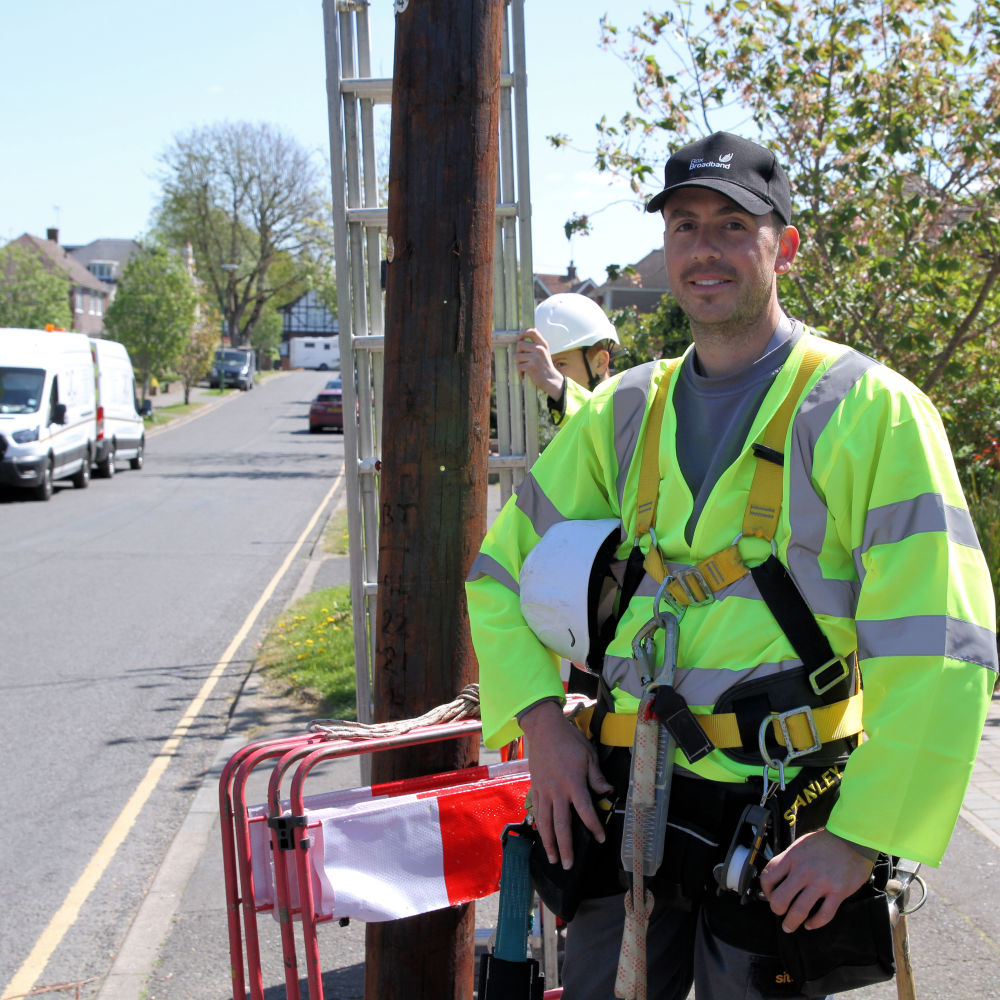
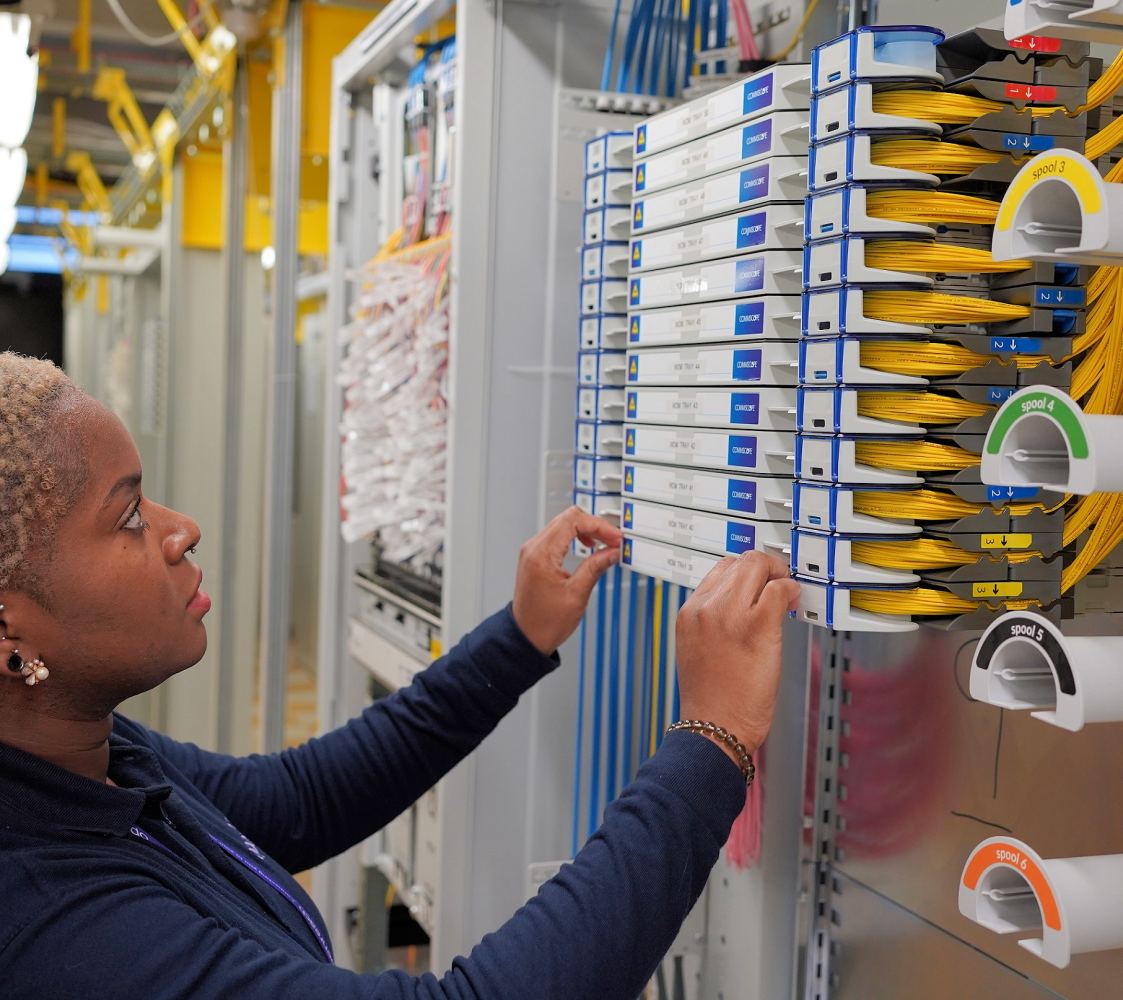
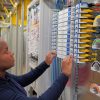














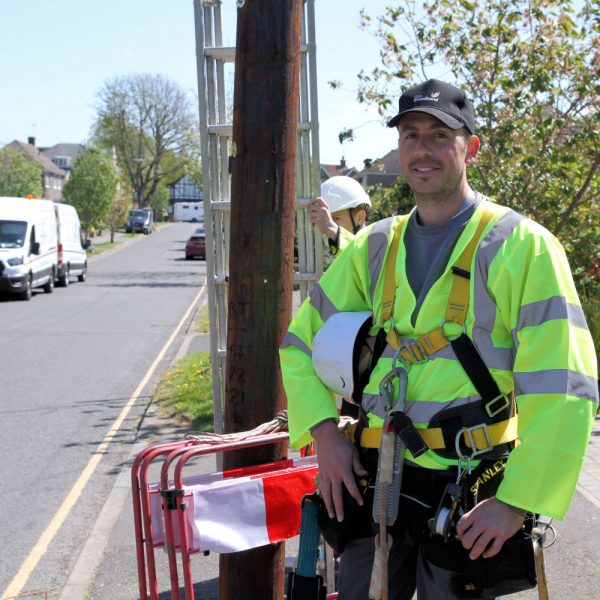































No doubt this won’t be the last unviable business to blame SARS-CoV-2 for their poor business plan. Don’t find their scapegoating even remotely convincing.
Sad to see people lose their investment and Jobs, but I’m not a Supporter of mass LEO deployment.
Between about 8.50 and 9.05pm last night, I saw the most amazing procession of LEO satellites across the sky. There must have been dozens of them – even with partial cloud cover I could see 4 at a time.
I don’t know if light conditions were especially conducive last night, but I’ve never seen anything like it. I was reminded of Day Of The Triffids 🙂
If this is what we get when the providers have only launched 10% of their constellations, you can be sure the night sky will never be the same again when the full sets are operational.
I saw the same a month or two ago. I knew they were satellites but it’s the first time i’ve seen a procession of them. Was quite the sight!
It was totally ALIENS 🙂 .
Oh god, don’t say that. All those conspiracy folks will run out with their tin foil hats on with pitchfork in hand 😀
There’s a bright star every evening outside. Actually it’s more a comet, (Atlas) than a star. Maybe it can smash some of the junk out the orbit who knows.
So thinking about this from another perspective what happens to the birds they’ve already put up if they do collapse!
If they don’t get claimed and remain up there that is a massive addition to the junk that’s already up there.